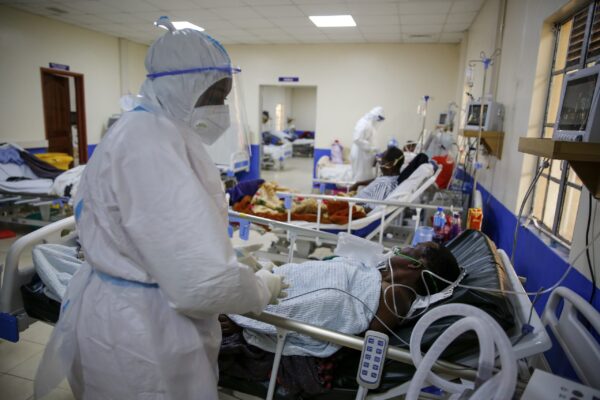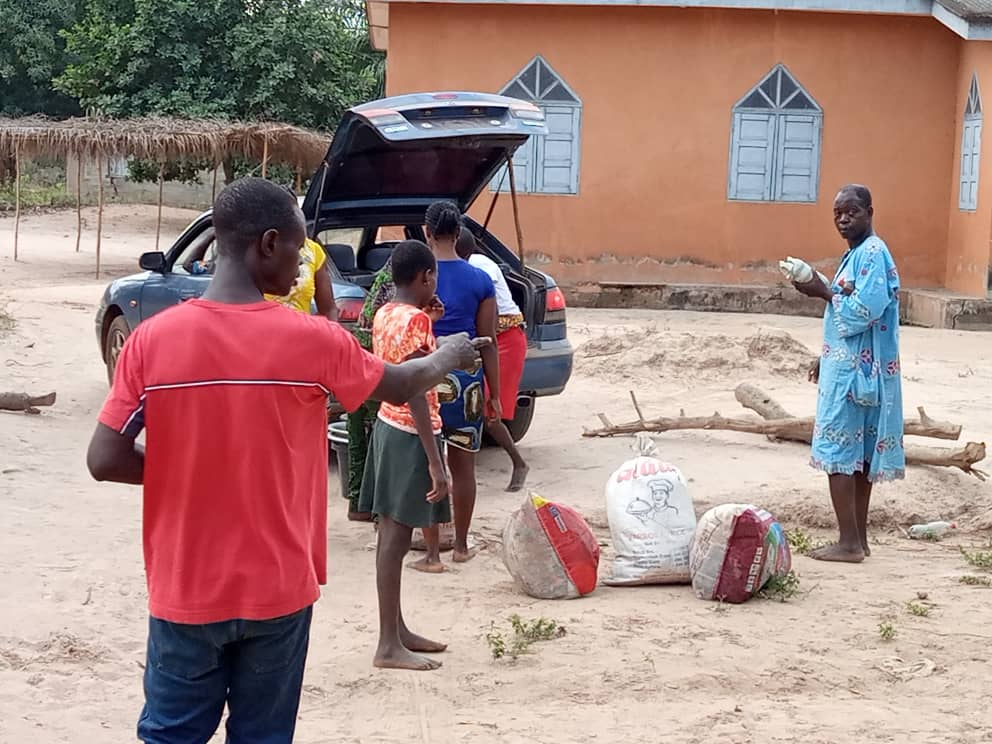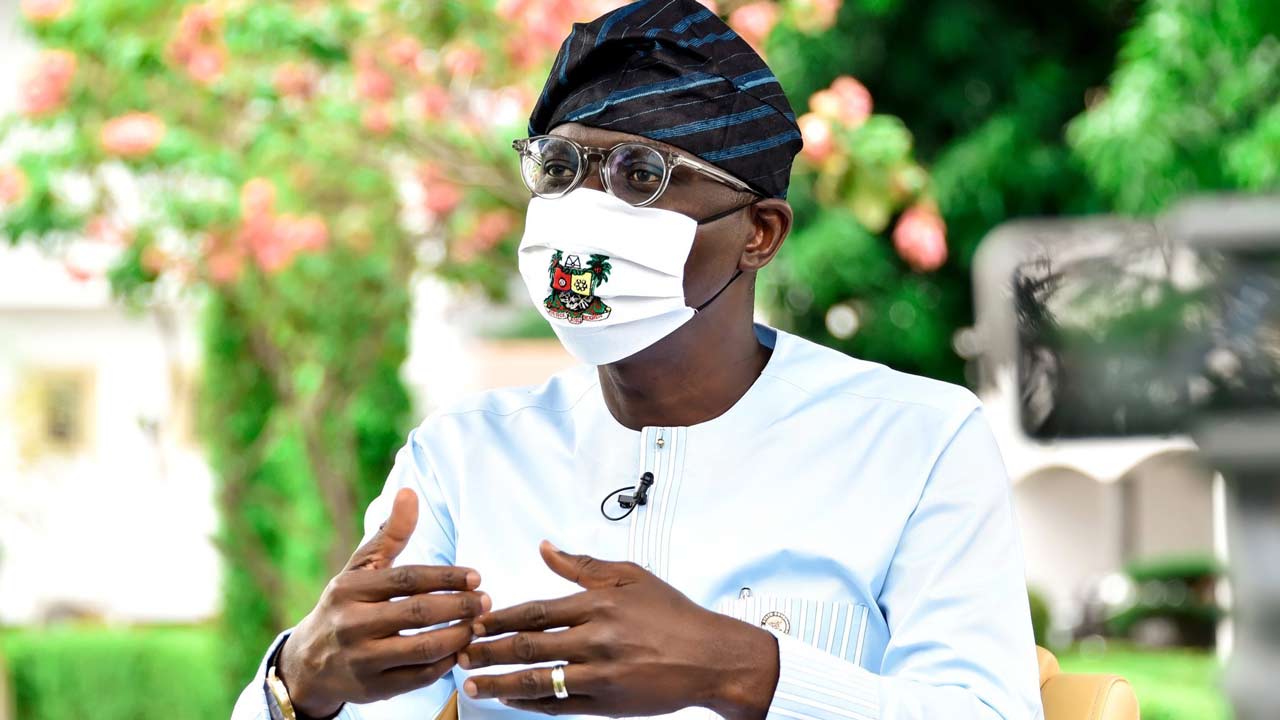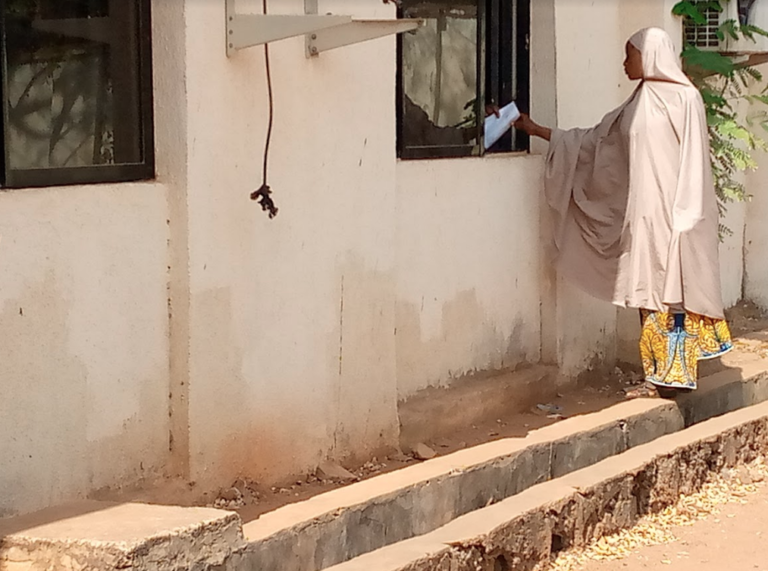Many countries have started receiving doses of the COVID-19 vaccine and are already vaccinating their populations. This major feat achieved about a year after the outbreak of the pandemic portends hope for a return to normalcy in the not so far future. However, getting the vaccine does not exempt you from adhering to the COVID-19 safety protocol.
According to the World Health Organisation (WHO), to achieve herd immunity, 70 to 80 percent of the world’s population needs to be vaccinated against the virus.
On Wednesday, Elsie Ilori, head of department, surveillance and epidemiology at the Nigeria Centre for Disease Control (NCDC), said it is very important to adhere to non-pharmaceutical interventions even if you have been vaccinated.
“It does not matter if you have taken the vaccine, you still need to adhere to NPIs and other public health guidelines. This is very important,” Ilori said.
Advertisement
Here are four reasons you still need to put on that mask and observe social distancing.
In case of double doses
You still stand a risk of contracting the virus after taking just a single dose. Hence, you still need to protect yourself and others.
Advertisement
For vaccines from Pfizer and AstraZeneca, you would require two doses administered 21 days apart to be fully protected.
Kevin Brady, a Republican member of the US house of representatives, tested positive for COVID-19 shortly before he was due to receive the second dose of the vaccine developed by Pfizer and BioNTech.
Also, in December 2020, Matthew W, a US nurse, tested positive after receiving the vaccine.
The vaccines need time to take effect
Advertisement
While the effectiveness of available vaccines — 95% for Mordena, 90% for Pfizer 62%-90% for AstraZeneca — holds high hopes, a person is not considered fully vaccinated until two weeks after they have received the second dose of the Pfizer or Moderna vaccine, or at least two weeks after receiving the single-dose Johnson & Johnson vaccine.
Following Matthew W’s positive result after taking the first dose, experts explained that the Pfizer vaccine requires time for the body to attain immunity against COVID-19.
According to Christian Ramers, an infectious disease specialist with Family Health Centers of San Diego, an individual requires 10 to 14 days for the vaccine to develop immunity in the body system.
However, fully vaccinated people can hold gatherings among themselves without the use of face masks.
Advertisement
The vaccines do not offer 100% protection
The figures are high but the highest you can get so far is 95% effectiveness in protecting against the virus. With the 5% risk window and the no telling who may not respond to the vaccines, you are better advised to keep that face mask on.
Advertisement
You can still spread the virus
Even after getting vaccinated, you may spread the virus to others, especially if you are asymptomatic. You may even have contracted the virus before getting your shot.
Advertisement
While the vaccines prevent you from getting sick with COVID-19, it is not yet established if they will keep you from spreading the virus to others.
So, the safest thing is to continue to act as if you never got the vaccine– until herd immunity is achieved.
Advertisement
Your ears hurt from prolonged use of nose marks or you are getting a limited supply of fresh air? Just hang in there for a while, the wait would soon be over.
Add a comment







